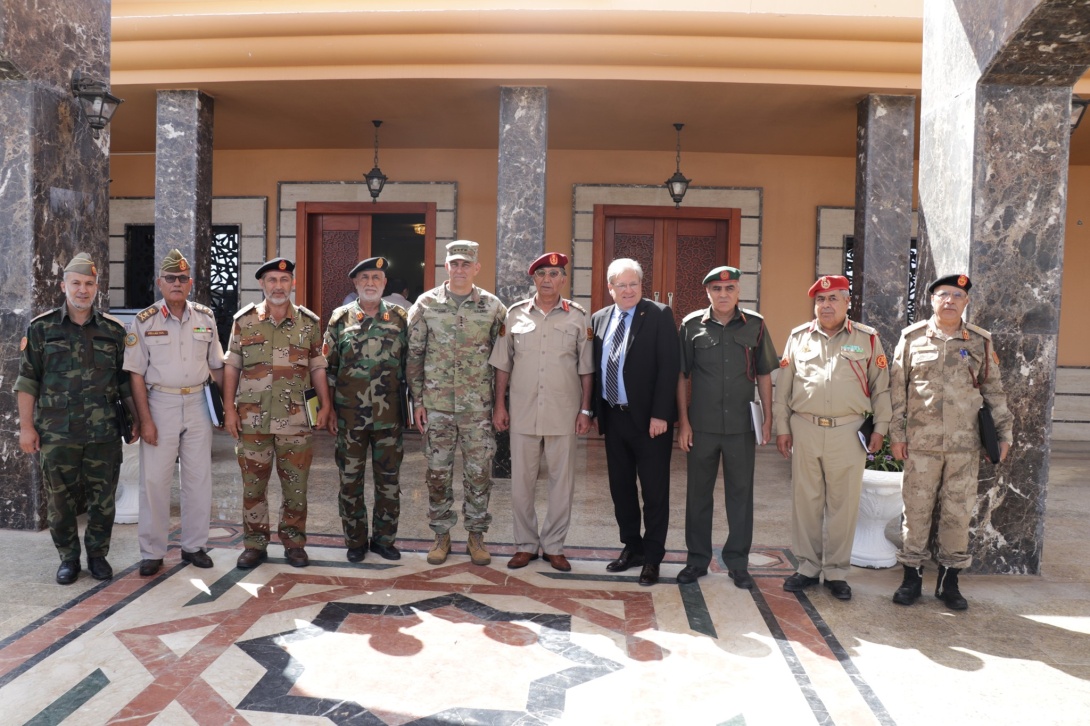
Libya has been selected to host the 2026 multinational military exercise “Flintlock” for the first time, the United States Africa Command (AFRICOM) announced on Thursday.
The initiative aims to support the reunification of Libya’s fragmented military, bringing together forces from both the eastern and western regions.
Lieutenant General John Brennan, AFRICOM’s deputy commander, confirmed on Libya Al-Ahrar TV that the exercise, dubbed “Flintlock 26,” will take place in the strategic coastal city of Syrte in spring 2026.
“The objective is to strengthen security cooperation and support the institutional cohesion of Libyan forces,” he said.
Notably, this will mark the first time that troops from both factions will train together on Libyan soil.
Brennan, on his fourth visit to Libya, stressed that Flintlock 26 extends beyond operational training.
The exercise will include institutional capacity-building, logistics coordination, and initiatives to reinforce national sovereignty.
“These efforts aim to support Libya in building its own security future,” he said, highlighting the country’s significant strategic and economic potential while noting that stability depends on a unified military structure.
The decision to hold the exercises follows a week-long mission by Brennan, who engaged with officials from both sides. In Tripoli, he met Prime Minister Abdul Hamid Dbeibah, senior military leaders, and intelligence officials.
In the east, he held talks with commanders from Operation Dignity, including Saddam Haftar, son of Field Marshal Khalifa Haftar.
By choosing Syrte—a city symbolically located between Tripoli and Benghazi—AFRICOM seeks to promote a durable military rapprochement and contribute to the rehabilitation of a unified defence apparatus.
Analysts see Flintlock 26 as a milestone in the resumption of security dialogue between Libya’s rival factions, offering a rare opportunity to foster collaboration in a country long divided by conflict.
The exercise is expected to set the stage for further joint operations, signalling a potential turning point in Libya’s efforts to stabilise its armed forces and strengthen national cohesion.



